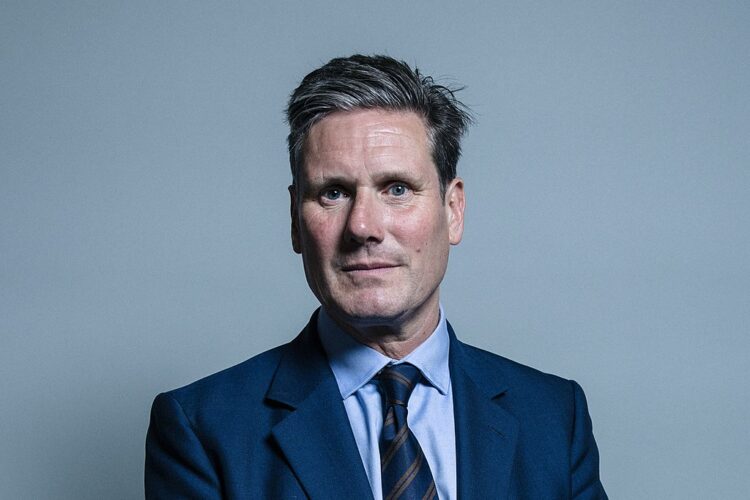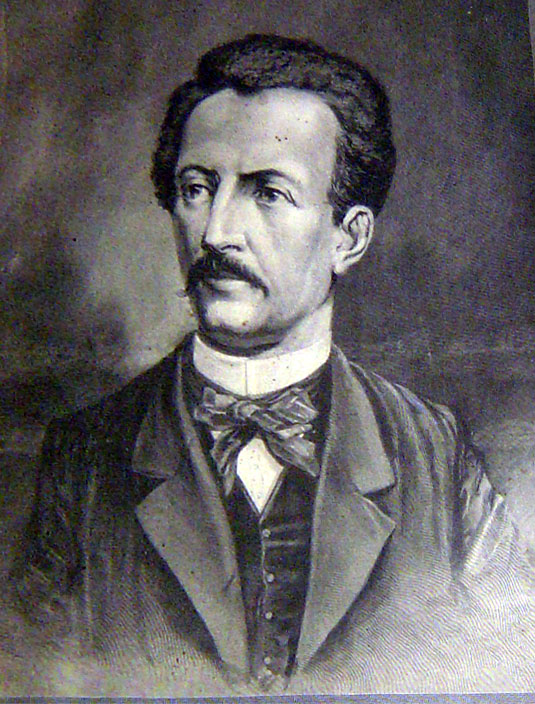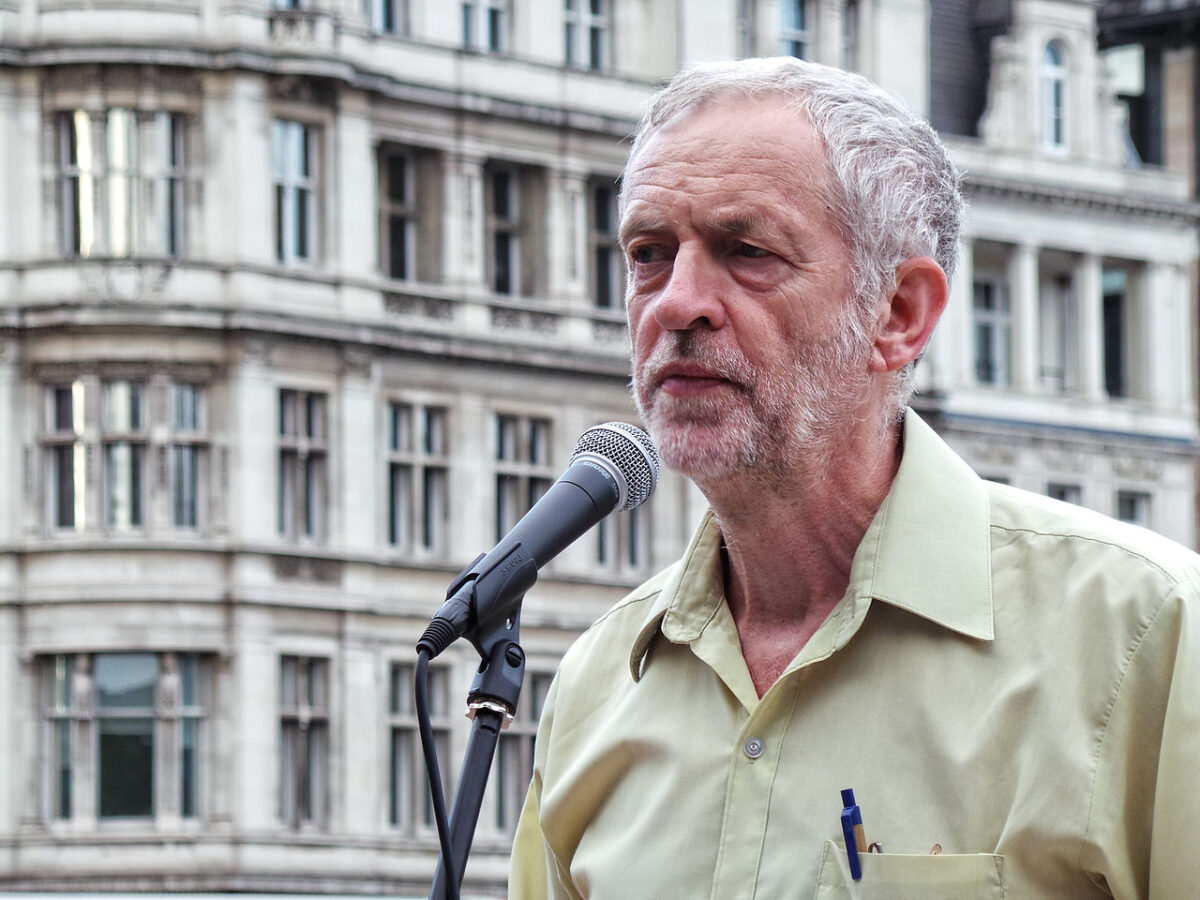Britain’s left-of-center Labour Party continues to be haunted and torn apart by the checkered record of its former leader, Jeremy Corbyn, in confronting the specter of antisemitism within its ranks.
Jonathan Ashworth, the party’s current shadow health secretary, was exactly right when he described Corbyn’s handling of it as “a shameful period in our history.” As he put it a few days ago, “We have to be clear that we are never going back to that, and we will do everything to repair relations with the Jewish community, which is understandably and quite rightly hurt by the Labour Party’s failure to deal with this in recent years.”
Ashworth delivered this refreshingly candid assessment a day before the Equality and Human Rights Commission — an independent human rights group whose recommendations are legally enforceable — released its long-awaited report on Corbyn’s conduct of this incendiary issue.

Elected party leader in 2015, he resigned more than six months ago, dogged by accusations he had tolerated antisemitism by the rank-and-file.
A hard-left critic of Israel and an ardent supporter of the Palestinian cause, he was the first Labour Party leader to face such charges, though he was not personally accused of antisemitism.
The Equality and Human Rights Commission launched a formal investigation in 2019 after ascertaining that the party under Corbyn’s watch was institutionally antisemitic in responding to complaints of antisemitism.
Its report, issued on October 29, was damning.
Charging that the party had created a toxic culture tolerant of antisemitism, the commission said it had turned a blind eye to “unlawful acts of harassment and discrimination” against Jewish members, some of whom resigned, and had interfered in internal investigations of antisemitic incidents.
Keir Starmer, Corbyn’s successor and a human rights lawyer who committed himself to rooting out antisemitism in the party and fixing relations with Jews, reacted strongly to the report. “I found (it) hard to read, and it is a day of shame for the Labour Party,” he said. “We have failed the Jewish people, our members, our supporters and the British public.”

To no one’s surprise, Corbyn and his allies rejected the report, lambasting it as politically inspired and the work of his enemies.
Karie Murphy, Corbyn’s former chief of staff, defended him. “Under his leadership, antisemites were removed from the Labour Party more quickly, transparently and effectively than ever before,” she wrote in the Guardian.
On his Facebook page, Corbyn said, “One antisemite is one too many, but the scale of the problem was also dramatically overstated for political reasons by our opponents inside and outside the party, as well as by much of the media.”
Corbyn’s unrepentant reaction prompted the new party leadership to suspend him, though he still retains his parliamentary seat. Corbyn said he will strenuously contest “the political intervention” that led to his suspension, which has few precedents in British politics.
The crisis that has convulsed and embarrassed the party in recent years is not entirely surprising.
Corbyn hews to a brand of socialism that denigrates capitalism and has historically insinuated that Jewish bankers and financiers are oppressors of the working class.
He has a jaundiced view of Zionism, believes that Israel was born in sin, and claims that the Palestinians have been treated unjustly by a succession of Israeli governments. Corbyn, however, endorses a two-state solution to resolve Israel’s conflict with the Palestinians.
Leftists are convinced that Corbyn’s troubles stem from his principled beliefs, judging by an email I received recently from a friend who supports him.
“The issue, for me and everyone of my political position, is that free speech that is critical of Israel is being recast as hate speech by Israel and its network of public affairs agencies and supporters. Corbyn, as a democratic socialist, has been vilified for his entire career by centrist liberals and by the moderate and far right, and because he dared to speak up about Palestinian human rights, he was crucified.
“Even after publicly condemning open antisemitism more times than any other political leader over the past three decades, Corbyn was still smeared. Corbyn, like Bernie Sanders, was a threat to the party elite (and their corporate backers). He had to go. Corbyn, like Sanders and democratic socialists everywhere, doesn’t think the status quo in Israel is fair or just. He used his political platform to say that. He had to go.
“These smears have been applied to the socialist left of my generation as well. They weaken the struggle against antisemitism and they water down what antisemitism is. They splinter anti-racist organizing and solidarity. The socialist left simply cannot espouse a pro-Palestinian argument without the threat of being labelled antisemitic. That’s the message, and I don’t like it. I’ve seen academic and political careers ruined, so I remain silent on the issue in public.”
Significant number of Jews, though, maintain that Corbyn’s anti-Zionism is little more than a dressed-up version of antisemitism. Left-wing antisemitism, as Fathom editor Alan Johnson points out, has a long and inglorious history.
In 1844, Karl Marx wrote, “What is the secular religion of the Jew? Commerce. What is his secular God? Money.”

Ferdinand Lassalle, a self-hating German Jewish socialist, said, “I do not like Jews at all.” The Russian anarchist Mikhail Bakunin wrote, “The whole Jewish world constitutes one exploiting sect, one people of leeches.”
Antisemitism was a defining feature of Joseph Stalin’s Soviet Union after World War II. Its satellite states in Eastern Europe marginalized Jews, particularly after the 1967 Six Day War.
That said, the far-right, composed of neo-Nazis and white supremacists, as well as Islamic radicals, pose the greatest threat to Jews today.
Corbyn’s tacit toleration of antisemitism pales in comparison to their visceral hatred of Jews and their willingness to act on their twisted beliefs.
